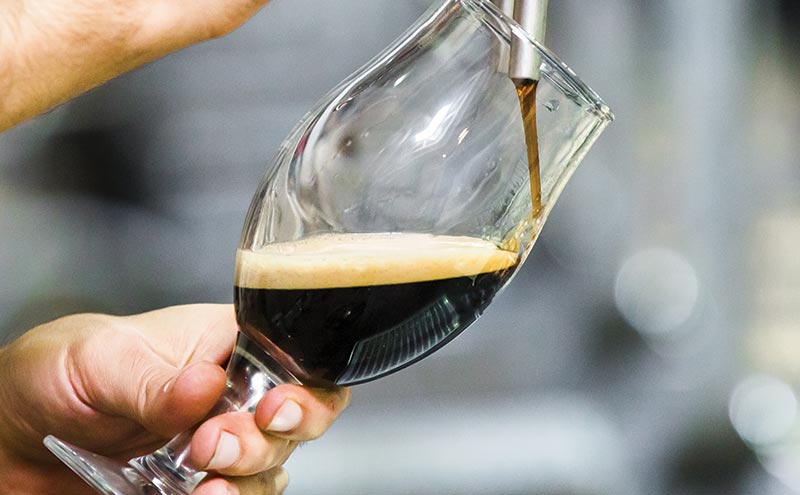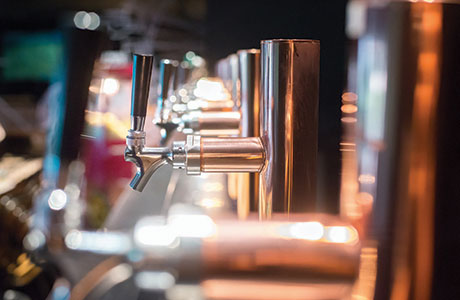
LICENSEES who don’t pay close attention to cellar safety are risking the health of their employees, according to commercial gas supplier BOC Sureserve.
Operators who fail to ensure gas installations are regularly checked are running the risk of exposing staff to potentially harmful levels of CO2.
“While clearly vital to hospitality, CO2 and nitrogen can be a hidden danger to health,” said Carl Goode, product and marketing manager at BOC Sureserve.
“It is difficult to detect a growing concentration of CO2 from leaks in cellars because it can’t be seen and doesn’t smell – and being heavier than air, it does not dissipate easily.
“Low levels of exposure can result in headaches and dizziness; higher levels can mean laboured breathing and, in the worst cases, asphyxiation.”
As well as ensuring the cellar is well ventilated, Goode said all gas cylinders should be regularly checked by a venue’s gas provider.
And he advised licensees to ensure they have a working CO2 monitor in their cellars, and to invest in staff training so employees are able to identify the “telltale” signs of leakage from gas cylinders – such as condensation build-up on a cylinder, or loss of pressure on regulators when the cylinder is turned off.
“For the safety of all concerned, staff training is essential,” he said.
“Ensure that staff who change gas cylinders are trained in safe storage and handling.”
Any full gas cylinders should be stored in an upright position and securely fastened to the wall, said Goode, while empty cylinders can be laid down.
And while keeping staff safe is motive enough in itself, it’s not the only benefit of investing in good cellar management.
“A good, well thought out cellar strategy will save money in the long run and more importantly will be safe,” added Goode.























